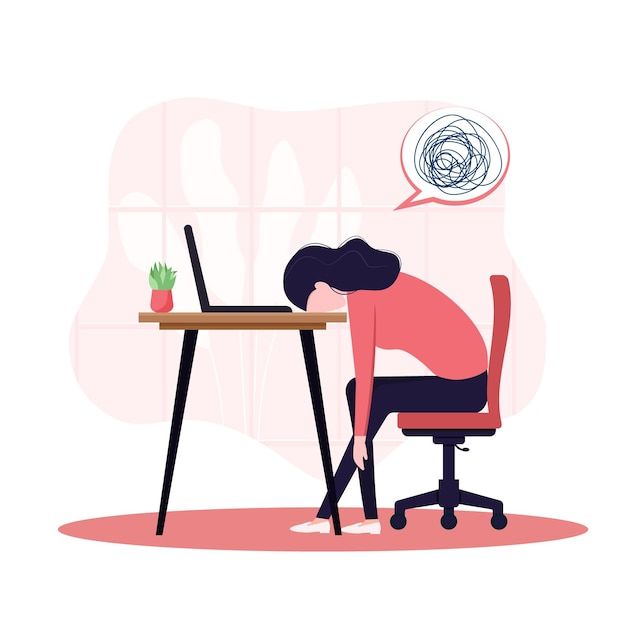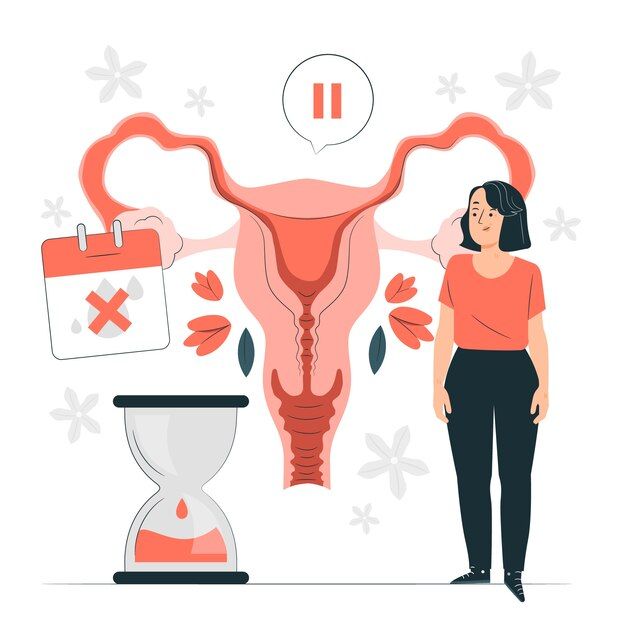How Long Work Hours Affect Your Health
Modern work culture often celebrates long hours and relentless productivity. However, research reveals that consistently working excessive hours poses serious risks to both your physical and mental health. Let’s explore in detail how heavy How Long Work Hours Impact Your Health and What You Can Do About It
Long work hours can take a serious toll on your well-being. Understanding the risks, recognizing warning signs, and knowing how to protect yourself are essential steps toward maintaining a healthy work-life balance.
1. The Health Risks of Long Work Hours
Cardiovascular Disease
Research shows that working 55 hours or more per week significantly increases the risk of heart-related problems:
- A 35% higher risk of stroke compared to those working 35–40 hours weekly
- A 17% higher risk of ischemic heart disease
- Working more than 11 hours a day nearly triples the risk of heart attack and diabetes
2. Mental Health and Well-Being
Extended work hours can lead to:
- Increased rates of depression and anxiety
- Chronic fatigue and burnout
- Disrupted sleep patterns, causing insomnia and difficulty concentrating
3. Lifestyle and Chronic Illness
Long work hours often impact daily habits, leading to:
- Reduced physical activity, increasing the risk of obesity and metabolic disorders
- Poor nutrition due to skipped meals or fast food consumption
- Higher chances of substance use (such as alcohol and tobacco)
- Increased stress levels that can raise blood pressure and worsen hypertension
4. The Global Impact
According to the World Health Organization, long working hours contributed to approximately 745,000 deaths worldwide in 2016 due to stroke and heart disease alone. This growing health burden is a major public health concern.
| Work Hours | Health Risk |
|---|---|
| More than 11 hours/day | 3x greater risk of heart attack and diabetes |
| 55 hours or more/week | 35% higher risk of stroke, 17% higher risk of heart disease |
| 60 hours or more/week | Nearly triple the risk of disability retirement |
5. When to Seek Help
Pay attention to your body and mind. Signs that you may be overworking include:
- Persistent fatigue, mood changes, or irritability
- Trouble sleeping or constant stress
- Feeling disconnected from family, friends, or social activities
- Physical symptoms like frequent headaches, chest pain, or ongoing sickness
6. Protecting Your Health
- Set boundaries: Try to stick to regular work hours as much as possible
- Prioritize rest: Take breaks during the day and ensure you get enough sleep
- Eat well and stay active: Maintain a balanced diet and fit in regular physical activity
- Communicate: Talk with your employer if workload or hours become overwhelming
If you’re worried about the effects of long work hours on your health and want practical support to find better balance, Headspace offers guided mindfulness exercises and stress management tools. Their resources can help you relax, improve focus, and build resilience, even during your busiest weeks.
7. Final Thoughts
Regularly working excessive hours poses serious risks, especially to your heart health and emotional well-being. By setting clear boundaries and investing in self-care, you can protect both your career and your health for the long term.







